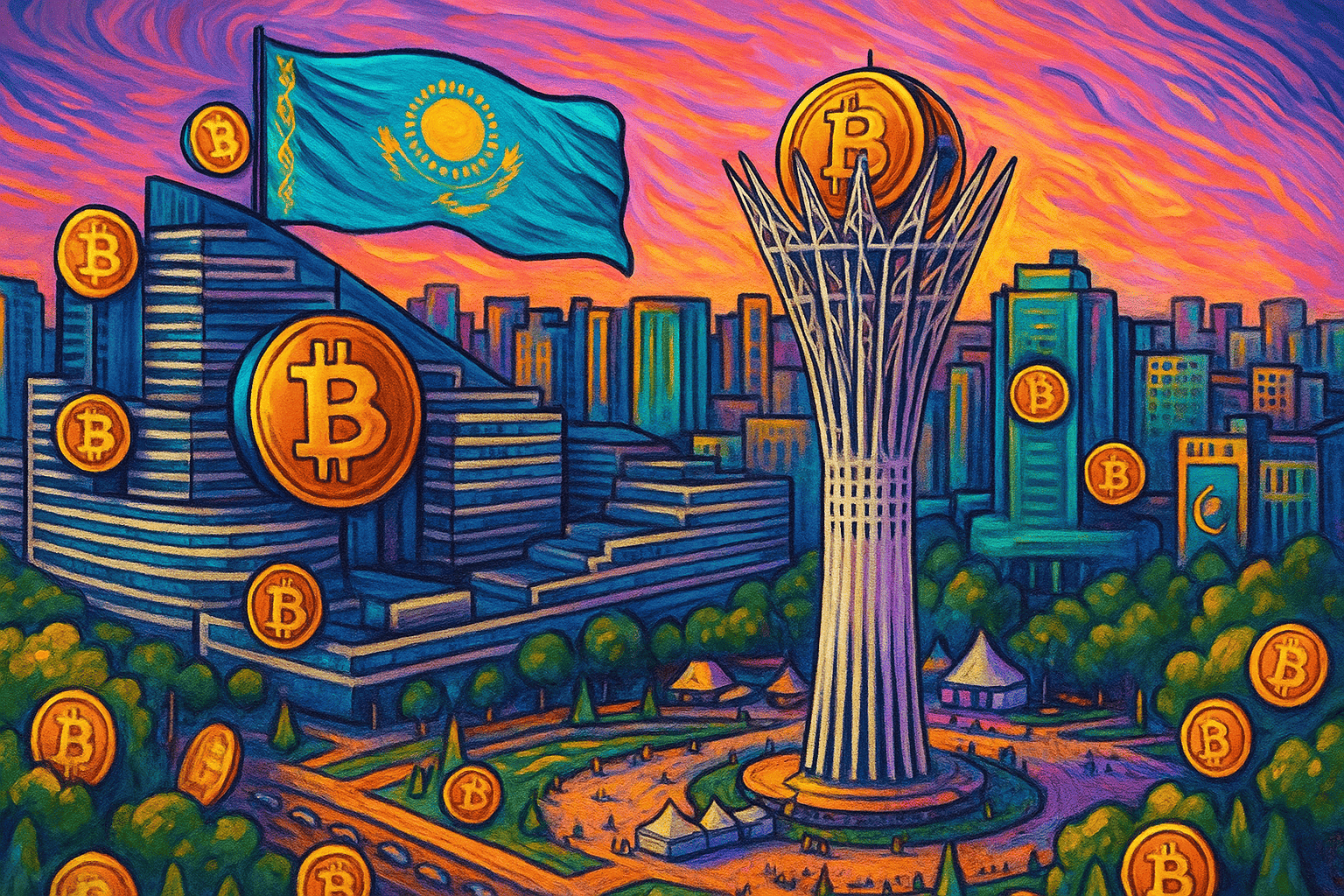Internet Computer
Download app Ironwallet and get tool for making transaction without network fee
About Internet Computer
The world of cryptocurrency continues to rapidly evolve. An exciting new project called Internet Computer aims to expand the possibilities of blockchain technology and usher in a more open and decentralized internet. Internet Computer was created by the DFINITY Foundation, a non-profit organization based in Zurich, Switzerland. Let’s take a look at what sets Internet Computer apart.
Origins and History of Internet Computer
Development of Internet Computer began in 2016 under the leadership of computer scientist Dominic Williams. The goal was to design a public blockchain that could host a wide range of IT systems and internet services. After extensive research and engineering, Internet Computer launched and had its public genesis in May 2021.
Unlike centralized cloud services operated by tech giants, Internet Computer is an open network run by independent data centers. This novel structure aims to shift power and control away from big companies and toward users. Internet Computer represents an ambitious effort to transform the internet into a more permissionless, trustless, and democratic system.
How Internet Computer Works
Internet Computer utilizes groundbreaking cryptography and blockchain architecture. Data is spread across subnet blockchains that connect using a revolutionary “Chain Key” system. This allows the network to scale rapidly while maintaining decentralization.
Internet Computer also employs a unique reverse gas model – users pay for computation done on their behalf, rather than paying to execute transactions themselves. This enables dapps and websites built on Internet Computer to avoid blockchain fees and operate at web speed.
Unique Features of Internet Computer
Several capabilities make Internet Computer stand out in the blockchain ecosystem. It supports native web hosting, meaning dapps can run entirely on the blockchain without separate hosting. Developers can build using familiar languages and frameworks like Rust, C, C++, Motoko and AssemblyScript.
Internet Computer provides unlimited capacity, allowing dapps to scale to meet demand. Transaction speeds exceed traditional blockchains, with single block confirmation times under 2 seconds. These features pave the way for full-fledged web services to run efficiently on Internet Computer.
The Role of the ICP Token in the Crypto Ecosystem
The ICP token powers Internet Computer and its network of independent data centers. ICP plays multiple roles – it represents governance voting power, secures the network through staking, and allocates compute capacity. The initial supply was 469 million ICP, with distributions occurring over 8 years.
ICP allows Internet Computer to operate as a public utility rather than a centralized commercial platform. The value of ICP will likely depend heavily on Internet Computer’s levels of adoption and usage. If its vision succeeds, ICP could cement itself as a top digital asset in Web 3.0.
Adoption and Use Cases of Internet Computer
While still in the early stages, Internet Computer has attracted developers looking to build decentralized versions of traditional web services. Use cases include DeFi, NFTs, social networks, video hosting, cloud storage, identity systems, and enterprise IT systems.
Notable projects built on Internet Computer so far include Ethereum co-founder Gavin Wood’s Ships programming language, the LinkedUp professional network, and CanCan decentralized streaming service. There is tremendous room for growth as developers embrace the new capabilities of Internet Computer.
Future Outlook for Internet Computer
Looking ahead, Internet Computer has ambitious plans to onboard the world’s top 50 software companies and 1 million developers by 2025. The team aims to enable open internet services with 5 billion users. With steady progress, Internet Computer could become the go-to platform for Web 3.0 over the coming decade.
Of course, challenges and uncertainties remain. As a new blockchain project, Internet Computer will need to continuously evolve its technology. It will also need to foster a vibrant community of builders and expand real-world adoption in order to fulfill its long-term vision. But its innovative design shows promising potential.
Conclusion
At its core, Internet Computer aims to make the internet more open, secure and decentralized using blockchain technology. By reimagining how IT systems and web services can operate, platforms like Internet Computer hope to usher in a fairer digital economy. Much work lies ahead, but Internet Computer represents an exciting step toward the internet’s next paradigm shift. Its success could profoundly impact the future of both blockchain and the web as a whole. We will have to wait and see, but the possibilities are intriguing.





















